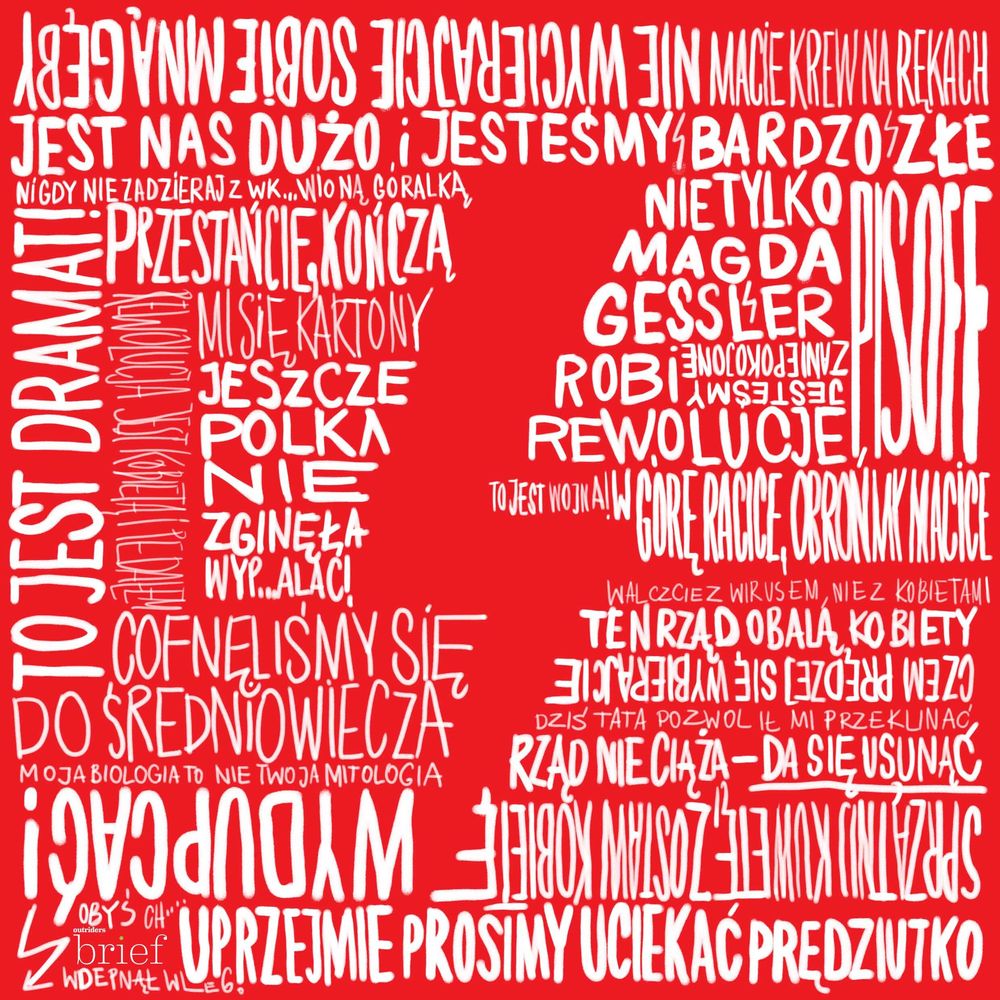Tactics of protests in Poland and Thailand
In Poland, thousands of protesters are disrupting church services and blocking traffic across the country after the country’s Constitutional Tribunal ruled that terminating a pregnancy due to congenital fetal defects is “unconstitutional”. The decision further limited what was already Europe’s second strictest abortion legislation and came under heavy criticism from the general public, intellectuals, politicians, doctors, and celebrities. In the past Polish Constitutional Tribunal was itself a subject of controversies and even concern from the EU over the legality of the way the ruling PiS party appointed its judges. Now, there’s a broad perception that the decision is coming from the government. The ruling sparked massive demonstrations amid the rising pandemic problems in the country.
Protesters in Thailand are taking inspiration from the protests in Hong Kong and draw from the experience there. They use translated Hongkongese guides on preparing, mimic some of the tactics employed there, and use similar online communication to gather and organize themselves. Protesters from both countries also support each other in what is called the “Milk Tea Alliance”.
Facial recognition, a tool that until now was associated with the governments, is now used by the activists. In Portland, US, a man is developing a system that would allow to identify police officers after they started to cover their names during the protests. Similar solutions were developed in France and Hong Kong – with both being taken down. The first after the intervention of the French interior minister, the second after the arrest of its developer.



























